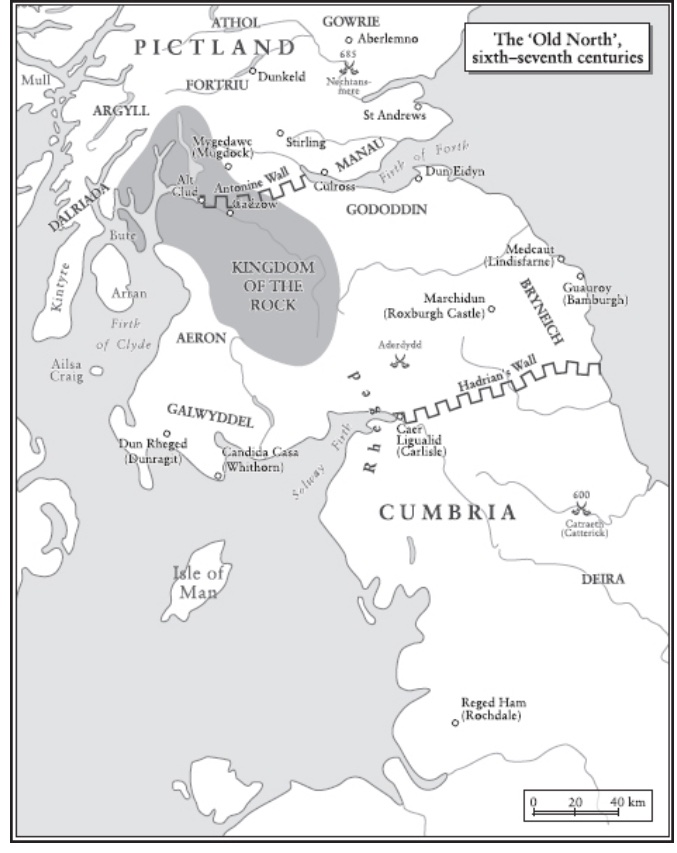
Part of it is creating an ideological basis of the American people through the interpretation that American radicalism has yet to be fully realized. He’s better than Foner, in the Oxford history of the US series which he is the chief editor of, but I like this anecdote:
https://twitter.com/NJRespector/status/1478082607623688197
The Oxford History of the United States was started in the 1970’s and is still being written, most volumes are quite good information sources.
But what volumes have come out?
The easiest ones to write from their perspectives have come out first. The last was Reconstruction.
But what volumes have come out?
The easiest ones to write from their perspectives have come out first. The last was Reconstruction.
The Next in this year will be the “Reconciliation and Progressive Era” both are very hard to write from a liberal perspective who rejects Foner, but still possible in obvious ways from Wood’s perspective. The two volumes on Colonial History haven’t been announced at all.
In many ways, they’ll be the hardest to write without becoming Taylor, because Taylor and Foner’s school is so dominant there at the moment it involves almost a complete rework for the foundations of American History, a rework that would be against Wood’s own historiography.
• • •
Missing some Tweet in this thread? You can try to
force a refresh































